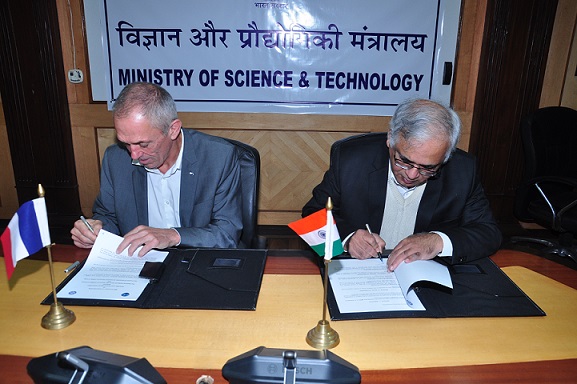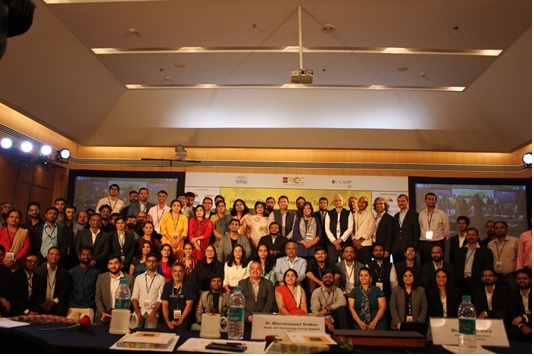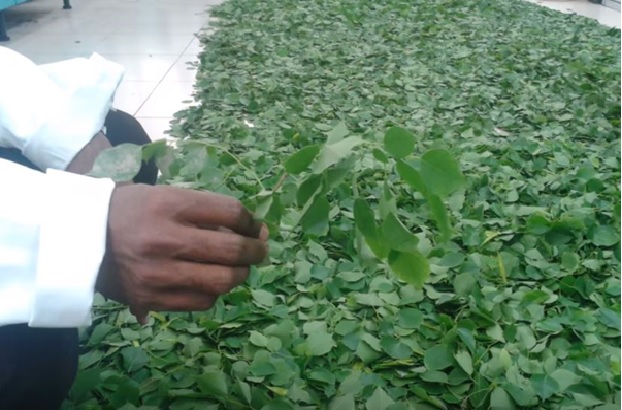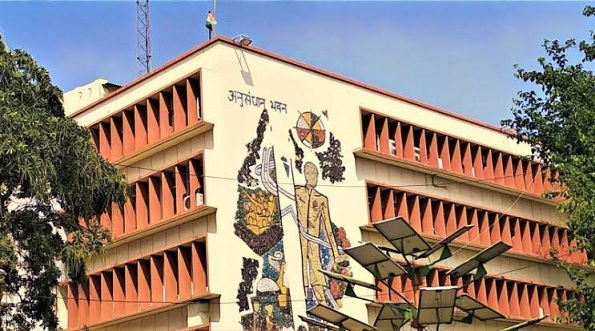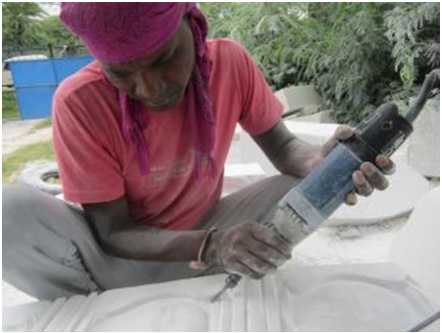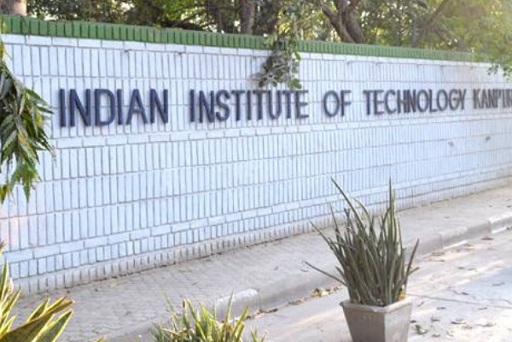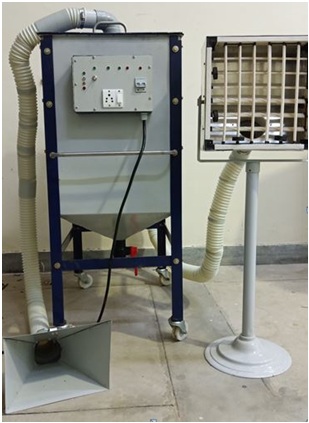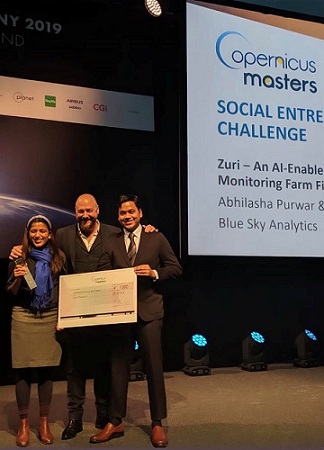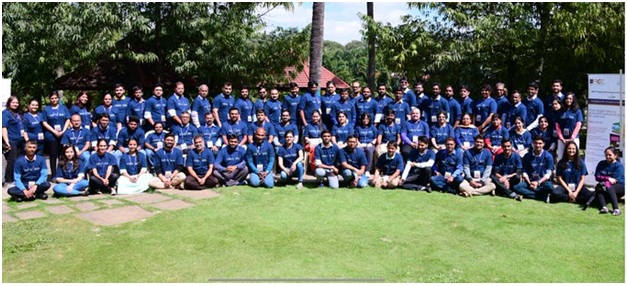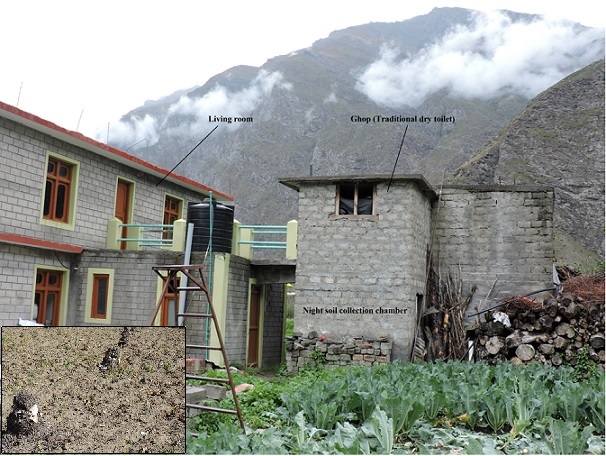Chemical engineering has contributed to human lives to great extent in various sectors like development of medicines, biomaterials, implants, 3D printing, water, wastewater treatment. It has specifically played a vital role in food processing. But there is a lot more that chemical engineers can do in terms of providing better food processing techniques said Prof. AB Pandit, Vice-Chancellor, Institute of Chemical Technology (ICT), Mumbai while speaking at the 70th foundation day of Council of Scientific and Industrial Research-National Chemical Laboratory (CSIR-NCL).
“Now is the time for the chemical engineers to contribute because all food processing operations involve chemistry and chemical engineering in terms of its preservation or new product. Here is the big opportunity to collaborate with the food scientists and food chemists and engineers to develop new products and processes especially in the field of food processing”said Prof. Pandit.
A research paper published in the journal of rural development says that the food processing sector is growing, but it is yet to compete in the world market. India’s share in world export is meagre with 1.17 per cent. There is a huge gap between productivity and processing of items. The factors which have been used to study food processing industry are S&T capability of sector, its employment generation capacity and skills needed in the sector.
Now is the time for the chemical engineers to contribute because all food processing operations involve chemistry and chemical engineering in terms of its preservation or new product.
Prof Pandit also told about the possible opportunities for the youngsters in the field. He talked about the rural applications that included solid fuel burning stoves, cooking devices and solar dryers, cavitating hand-pump for safe drinking water. “As an engineer, at every stage you must calculate to find out that the choices which you are making are indeed going to be affordable” he said. He emphasized on the agro-waste utilization that included the alkaline hydrolysis of wool based keratins, cardanol production from cashewnut shell, coconut husk biochar. He explained about the use of growth promoters for spinach plant, selective one-step extraction of intracellular biomolecules, portable microscope in education and diagnosis applications, life cycle analysis.
Prof. Ashwini Kumar Nangia, Director, CSIR-NCL in his welcome remarks spoke on technologies developed and also projects implemented over last four years.
NCL Research Foundation Annual Awards were also delivered to the deserving scientists and staff.
India Science Wire

